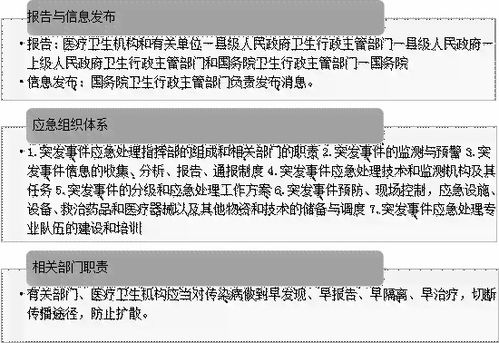Title: Early Childhood English Education: Strategies and Importance
Introduction
Early childhood is a crucial period for language development, and introducing English at this stage can be beneficial for children's future academic and professional endeavors. In this article, we'll explore strategies for early childhood English education and highlight its importance in fostering linguistic skills.
Why Early Childhood English Education Matters
Early exposure to English lays a strong foundation for language acquisition. Research suggests that children's brains are highly receptive to learning languages during the early years. Introducing English at this stage can enhance cognitive abilities, including memory, problemsolving, and critical thinking.
Moreover, in today's globalized world, proficiency in English is increasingly valued. It opens doors to diverse opportunities, both academically and professionally. By starting early, children can develop a solid grasp of English, giving them a competitive edge in the future.
Strategies for Early Childhood English Education
1.
Interactive Activities
: Engage children in interactive activities such as songs, games, and storytelling. These activities make learning enjoyable and facilitate language acquisition through immersion.2.
Use of Visual Aids
: Incorporate visual aids like flashcards, posters, and videos to reinforce vocabulary and language concepts. Visual stimuli help children understand and remember English words more effectively.3.
Structured Curriculum
: Design a structured curriculum that introduces English gradually, starting with basic vocabulary and gradually progressing to more complex language skills. Consistency and repetition are key elements of effective learning.4.
Multisensory Approaches
: Utilize multisensory approaches that appeal to different learning styles. Incorporate auditory, visual, and kinesthetic elements to cater to the diverse needs of young learners.5.
Parental Involvement
: Encourage parental involvement by providing resources and guidance for English learning at home. Activities such as reading together, watching English cartoons, and practicing simple conversations can reinforce classroom learning.6.
Languagerich Environment
: Create a languagerich environment both in the classroom and at home. Surround children with English materials such as books, posters, and labels to encourage language exploration and communication.7.
Reallife Contexts
: Integrate English learning into reallife contexts and activities. For example, roleplaying scenarios such as shopping or visiting a doctor can help children apply English in practical situations.
8.
Positive Reinforcement
: Provide positive reinforcement and praise to motivate children in their English learning journey. Celebrate their progress and achievements to boost confidence and enthusiasm for learning.Conclusion
Early childhood English education plays a pivotal role in laying the groundwork for language proficiency and future success. By implementing effective strategies and recognizing the importance of early exposure to English, educators and parents can empower children to become confident and proficient English speakers. Investing in early childhood English education is not only beneficial for individual children but also contributes to their overall academic and professional development in an increasingly interconnected world.











